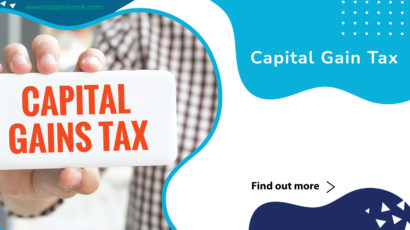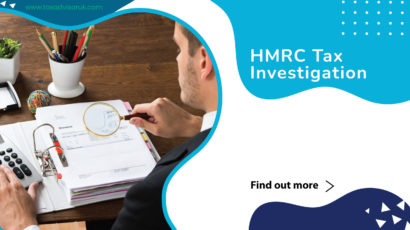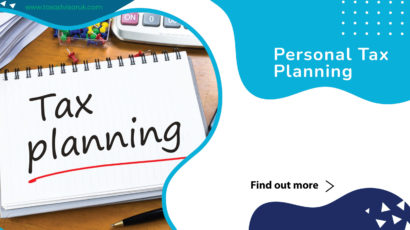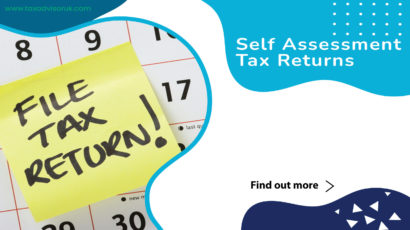Usually, the imbalance or a discrepancy in financial security that exists between different small businesses and self-employed workers leads people to consider changing from being a sole trader to becoming a limited company. After all, there are benefits of becoming a limited company as it helps to make better decisions. The main difference between these two systems (sole trader and limited company) is the business structure. Talking to a tax accountant in the UK can get you more guidance on this. At Tax Advisor UK, we help you convert to a limited company. To help you understand how this works, let us explain what a sole trader is and what a limited company is about.
What is a Sole Trader
A sole trader is a business system, in which one individual, usually self-employed, owns, and controls the business. In this scenario, there is no legal difference between the business and the owner/sole trader. This is important because the owner or sole trader is liable for any legal claims, losses, or debt the business may incur. This consequently puts your assets and finances, including your savings and home at risk if you fail to pay debts due to the business or if someone sues your business. Hiring a tax accountant in the UK helps you to manage this.
What is a Limited Company?
In this business setup, one or more individuals (shareholders) own and manage the business. There may be more than one director. The same person can be a director and shareholder. You have the option to own and control the business alone (like a sole trader) or do this jointly with others. From the legal perspective, in the UK, the limited company has its legal identity. It is therefore liable to losses, debt, and any legal claims filed against the business. This means that the debts and finances of the director(s) and shareholder(s) are separate from that of the company. Therefore, the company owners enjoy limited liability. Apart from the investments they make into the business, or whatever they agree to contribute to the business, their personal assets are safe even if the business cannot pay its bills or if someone sues the business.
3 Benefits of Becoming a Limited Liability Company
These are enough reasons for many self-employed people or small business owners to want to become a limited liability company. There are other benefits, which our tax accountant in the UK would like to share. These include:
1. Minimised personal liability
As a limited company, you get the protection of personal assets should your business run into some problems. There is a “corporate veil” separating your personal finances from the debts, losses, and legal issues associated with your business.
2. Improved professional status
Becoming a limited company improves your professional image and status. While being a sole trader gives you ownership, companies hold higher regard and make a better impression.
3. Tax efficiency and planning
Currently, limited companies pay 19% corporation tax on profits. Sole traders, on the other hand, pay 20-45% tax on their profits. We at Tax Advisor UK can help! There are more benefits of becoming a limited company. Get in touch with our tax accountant in the UK if you would like to change to one.
How TaxAdvisor UK can help
At TaxAdvisor UK , our experts will provide you 30 minutes free consultation and help you in managing all your tax and accounting work. Speak to our expert accountants, tax advisor on (0203) 5381276 or fill an online form today. We can have a consultation session over the phone, virtual or face to face meeting and will provide you no obligation fixed quote.

















